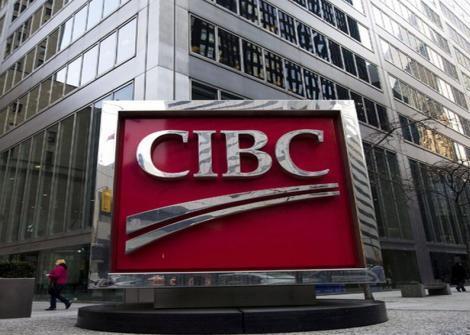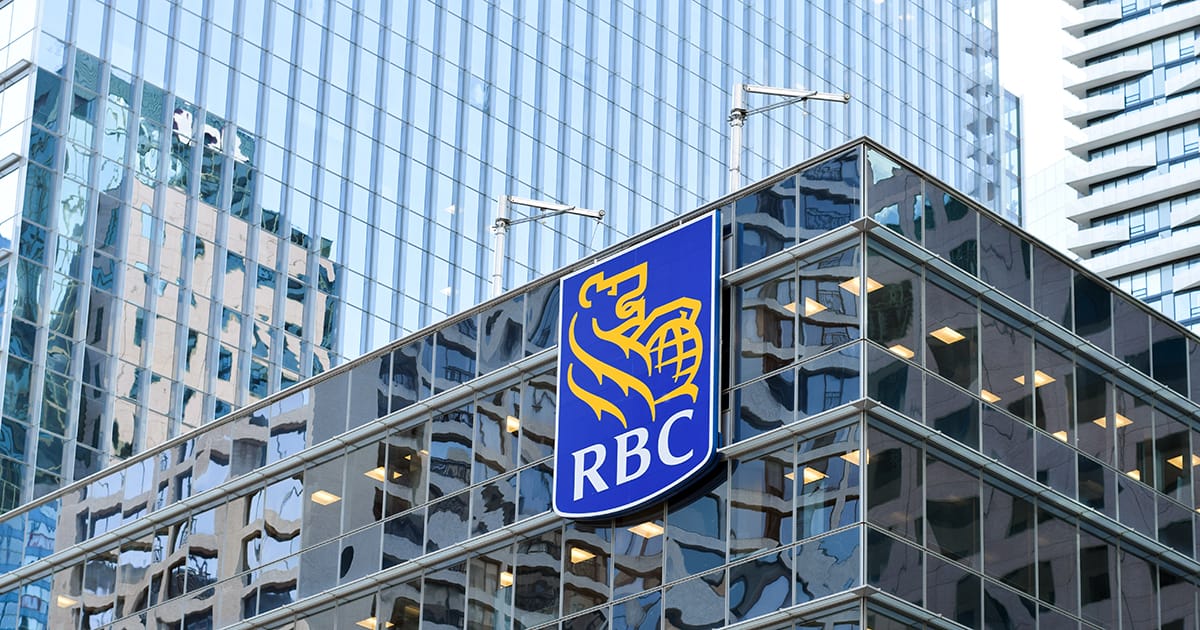I was wrong to buy BlackBerry, this fund manager says

 Is Canadian tech icon BlackBerry (BlackBerry Stock Quote, Chart, News TSX:BB) a buy now that it’s treading in five-year-low territory?
Is Canadian tech icon BlackBerry (BlackBerry Stock Quote, Chart, News TSX:BB) a buy now that it’s treading in five-year-low territory?
Nope, says portfolio manager Keith Richards of ValueTrend Wealth Management, who calls the stock his worst call for 2019.
“We’re always happy to talk about our winners but I owned BlackBerry this year and it was literally the worst stock of the year for me,” says Richards, president and chief portfolio manager at ValueTrend, speaking to BNN Bloomberg last Friday.
“It broke support [at $9.00] and, boom, we sold. That’s all you need to know. So we’re out,” Richards says.
For a stock that showed so much promise only a couple of years ago, 2019 proved to be a wakeup call for investors betting on BlackBerry’s monumental makeover from mobile handset maker to software and security firm.
BlackBerry’s share price is down 23 per cent year-to-date, which came after an equally frustrating 2018 which saw the stock drop 30 per cent. Currently trading in the $7.00 range, BB is well off its most recent high of $18 set in early 2018. (All figures in Canadian dollars unless where noted otherwise.)
Progress in BlackBerry’s transformation is clearly evident: witness the growth of its QNX platform, which continues to rack up wins in the connected car and autonomous vehicle sector. UK electric vehicle company Arrival’s will have QNX running its autonomous commercial vehicles, where a fleet of delivery vans are coming to market in 2020, while Hyundai Autron has also selected QNX to run its driver-assistance systems and autonomous driving tech.
“We are excited to work with Hyundai Autron to provide next-generation automobiles with a secured ADAS and autonomous driving software platform,” said John Chen, Executive Chairman and CEO of BlackBerry, in a press release. “Functional safety and security are top priorities in connected and autonomous vehicles. BlackBerry QNX software meets the ISO 26262 ASIL-D level of certification which is the most stringent safety classification for the automotive market.”
Yet even with BlackBerry’s contract wins and its positioning within expanding sectors like autonomous tech and cybersecurity, this year the market’s patience for the company to grow its revenue seems to have worn thin.
BlackBerry’s latest earnings report was a case in point. Posted in late September, BlackBerry’s fiscal second quarter showed a net loss of US$44 million with revenue up 22 per cent year-over-year to US$261 million and earnings at break-even on an adjusted per-share basis.
Yet analysts had been expecting revenue of US$266 million, and perhaps more tellingly, the company saw revenue in its enterprise software and technology solutions segment fall by five per cent to $134 million, below analysts’ forecasts. Management’s guidance also spoke of upcoming softness in BB’s enterprise software and services business.
The result was an plunge in the company’s share price which lost over 20 per cent of its value immediately following the quarterly results and has yet to make up that ground.
BlackBerry was dealt another blow earlier this month when it announced that president and chief operating officer Bryan Palma would be leaving the company. Palma was brought on in January of 2019 to lead BlackBerry’s Internet of Things division.

Staff
Writer


